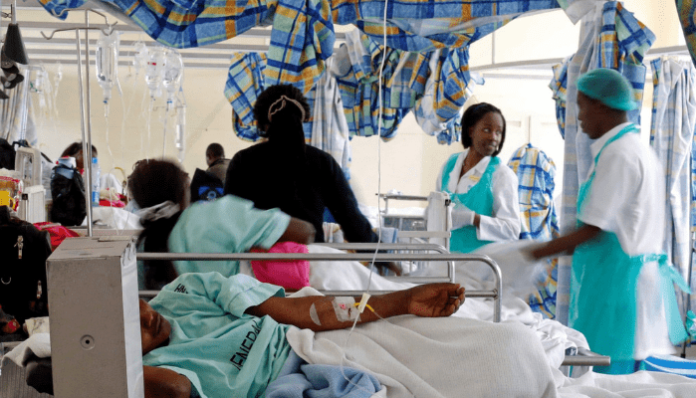By Blessing Otobong-Gabriel
Health economist at the United States Center for Disease Control and Prevention, Atlanta, USA, Olakunle Ajayi has urged the federal government to mainstream surveillance in tackling cholera in the country.
Ajayi said surveillance system is the first line of defense in managing outbreaks and identified several key components of an effective surveillance system to include early detection, data analysis, resource allocation, and public communication.
He also informed that early detection is crucial for timely identification of cases, allowing a quick response that reduces the number of cases and prevents widespread transmission.
He acknowledged that Integrated Disease Surveillance and Response, IDSR, has proven to be invaluable for public health managers and decision-makers in improving the detection and response to major causes of illness in African nations.
He said analysing data helps understand the spread and impact of the disease, identifying hotspots, tracking the progression of the outbreak, and predicting future trends with accurate data, resources such as medical supplies, clean water, and sanitation facilities, as well as human resources like healthcare workers, can be directed to where they are needed most.
“Effective communication with the public is essential to keep people informed about the outbreak and preventive measures, reducing panic and encouraging practices that limit the spread of the disease.”
He recommend collaboration with local and international partners which he said includes increasing surveillance activities, enhancing laboratory capacities for quicker diagnosis, and improving water, sanitation, and hygiene practices in affected communities.





